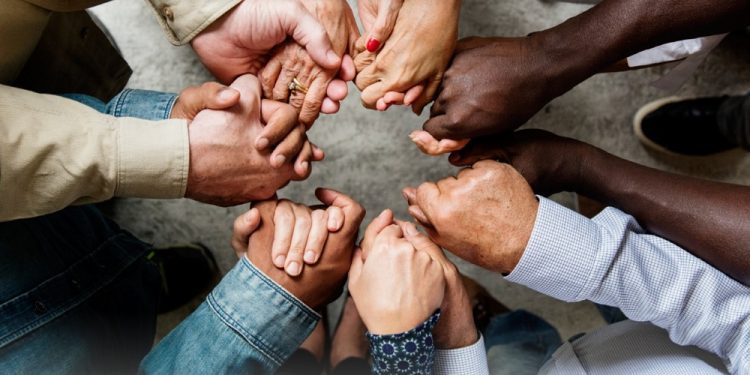
International Day For The Elimination of Racial Discrimination
On March 21, under the proclamation of the UN back in 1966, there is a notable day to mark in every calendar: International Day for the Elimination of Racial Discrimination. It marks the day when, in 1960, police opened fire at a peaceful protest in Sharpeville, South Africa, which was protesting the apartheid pass laws of the time. This day was marked back then, and still today, to recognize the struggle to end apartheid. This is where the push to increase awareness of ending racial discrimination was made even more significant.
History of International Day for the Elimination of Racial Discrimination
There were 7,000 people attending the protest near the police station. It was here that the South African Police opened fire, injuring 249 people, 29 of them children. There was a national state of emergency called by the government, which detained more than 18,000 people.
The day itself is important for recognizing and remembering those who lost their lives in the fight against apartheid, as they strived for a better world free from the cruelty and injustices of the rule. Every year the day follows a different theme, and here are some of the most recent:
2010: Disqualify racism
2015: Learning from tragedies to combat racial discrimination today
2019: Mitigating and countering rising nationalist populism and extreme supremacist ideologies.
As you can see, they focus on a particular area and raise awareness to make improvements.
Another day that is related is the European Action Week Against Racism, which is held from the same day of March 21. After coordinating with UNITED, this day works cohesively with countries within Europe, bringing the week into focus and encouraging action for battling racism.
How to Observe International Day for the Elimination of Racial Discrimination
One of the main ways of observing such an important day is to raise awareness. Using the relevant hashtags, getting involved on social media, and spreading the word is a huge part of making sure the injustices and discrimination of the past do not go unnoticed, and any in the future can be challenged.
Many stakeholders, communities, and nations will observe the day by reaffirming their efforts and their commitment to tackling racism. Also, these same people are likely to discuss their intentions for eliminating racial discrimination over the next year, so they can hold themselves accountable and make a difference.
Another key way of observing such an event is by highlighting the good work that has occurred in the previous twelve months. Many people are working hard to make racial discrimination a thing of the past, and sharing success stories can be a real encouragement to everyone.
Schools are also a key place where observing the day can make a difference. This is why there is such a focus on endorsing anti-racism work and activities. Also, education on black history is always crucial.
Otherwise, some organizations and charities are always in need of support, and these are where we can make a true difference.








